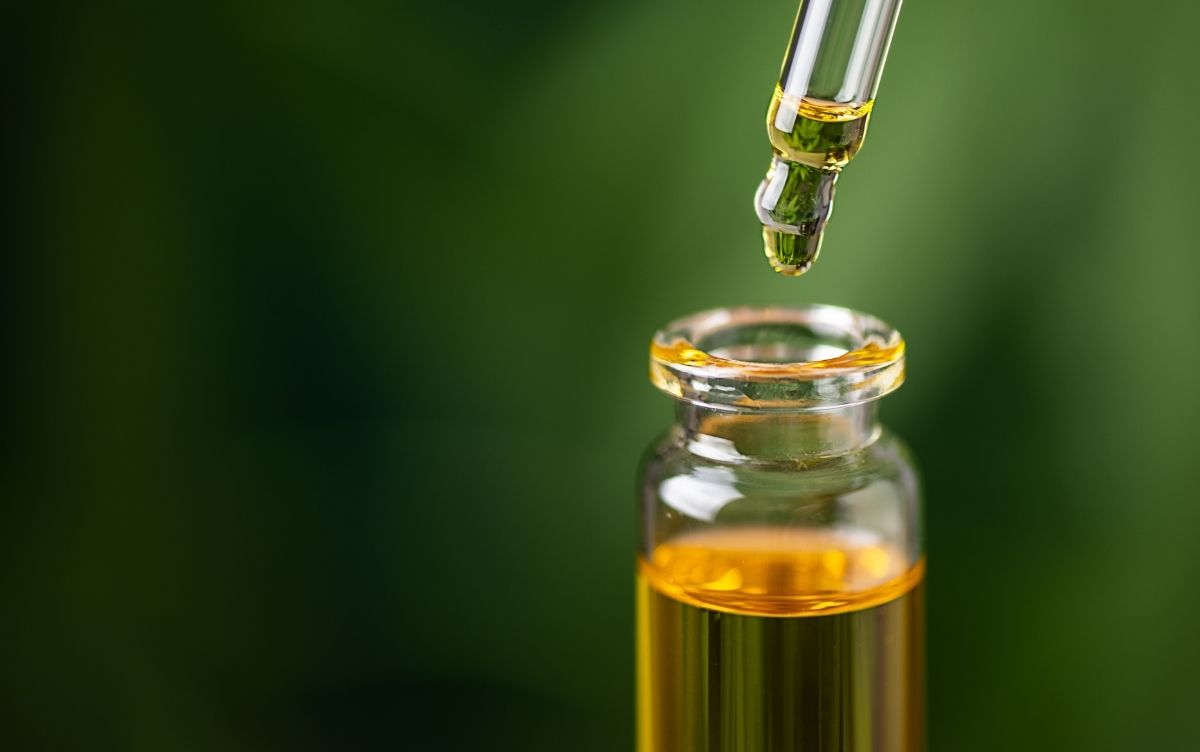The status of CBD was confirmed in January 2019 when the EU Commission classified food products and supplements containing CBD extracts as ‘novel foods’. This means that they do not have a significant history of consumption before May 1997 in the UK or EU.
That is why CBD food products require authorisation before they can be sold legally in Britain, including Scotland. Currently there are no CBD extract products authorised as novel foods (under Regulation (EU) 2015/2283) and those products currently on the market are in contravention of the novel food regulation.
It is important, therefore, that you take immediate action to gain authorisation as a novel food in relation to any CBD extract products you sell, or plan to sell in the future. Otherwise, you should seek assurances from your suppliers / manufacturers that they have done so.
Hemp seeds, hemp seed oil, ground hemp seeds, (partially) defatted hemp seeds and other hemp seed-derived food are not novel. Water infusions of hemp leaves (when not accompanied by the flowering and fruiting tops), are also considered not novel. This is because there is evidence to show a history of consumption before May 1997. This is not the case for CBD extracts themselves and any products to which they are added as an ingredient (such as hemp seed oil). This also applies to extracts of other plants containing cannabinoids as outlined in the EU Novel Food Catalogue.

